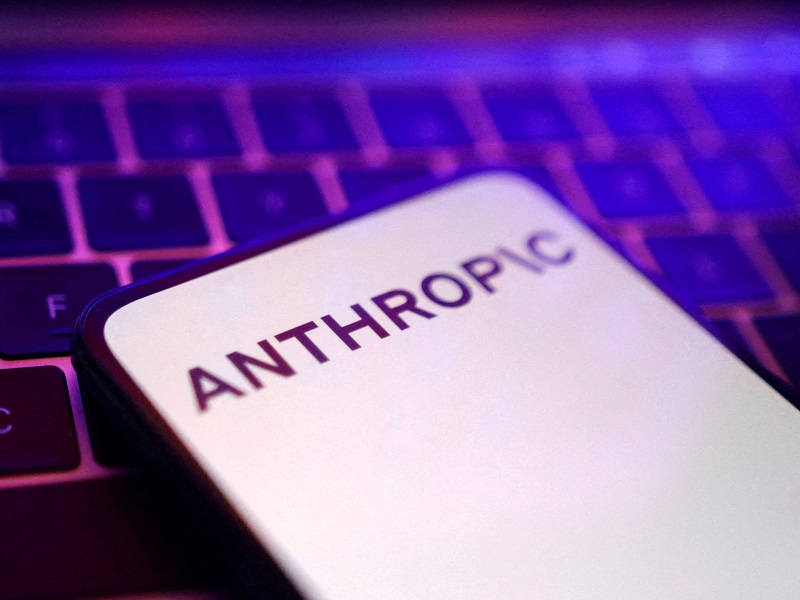A federal judge in California has preliminarily approved a landmark US$1.5 billion settlement of a copyright class action brought by a group of authors against artificial intelligence company Anthropic.
The proposed deal marks the first settlement in a string of lawsuits against tech companies including OpenAI, Microsoft and Meta Platforms over their use of copyrighted material to train generative AI systems.
US District Judge William Alsup on Thursday (Friday AEST) called the proposed class-action settlement fair during a hearing on Thursday, according to a statement from the authors’ representatives.

Judge Alsup had declined to approve the settlement earlier this month and asked the parties to answer several questions. He will decide whether to give the settlement his final approval after notifying affected authors and giving them a chance to file claims.
Plaintiffs Andrea Bartz, Charles Graeber and Kirk Wallace Johnson said in a statement that Judge Alsup’s decision “brings us one step closer to real accountability for Anthropic and puts all AI companies on notice they can’t shortcut the law or override creators’ rights.”
Maria Pallante, the president of the publishing-industry trade group the Association of American Publishers, called the settlement “a major step in the right direction in holding AI developers accountable for reckless and unabashed infringement”.
The writers’ allegations echoed dozens of other lawsuits that have been brought by authors, news outlets, visual artists and others who say that tech companies stole their work to use in AI training.
Anthropic deputy general counsel Aparna Sridhar said that the decision will allow the company to “focus on developing safe AI systems that help people and organizations extend their capabilities, advance scientific discovery, and solve complex problems”.
The plaintiffs filed the class action against Anthropic last year. They argued that the company, which is backed by Amazon and Alphabet, unlawfully used millions of pirated books to teach its AI assistant Claude to respond to human prompts.
Judge Alsup ruled in June that Anthropic made fair use of the authors’ work to train Claude, but found that the company violated their rights by saving more than 7 million pirated books to a “central library” that would not necessarily be used for that purpose.
A trial was scheduled to begin in December to determine how much Anthropic owed for the alleged piracy, with potential damages ranging into the hundreds of billions of dollars.
Do you know more? Contact James Riley via Email.
